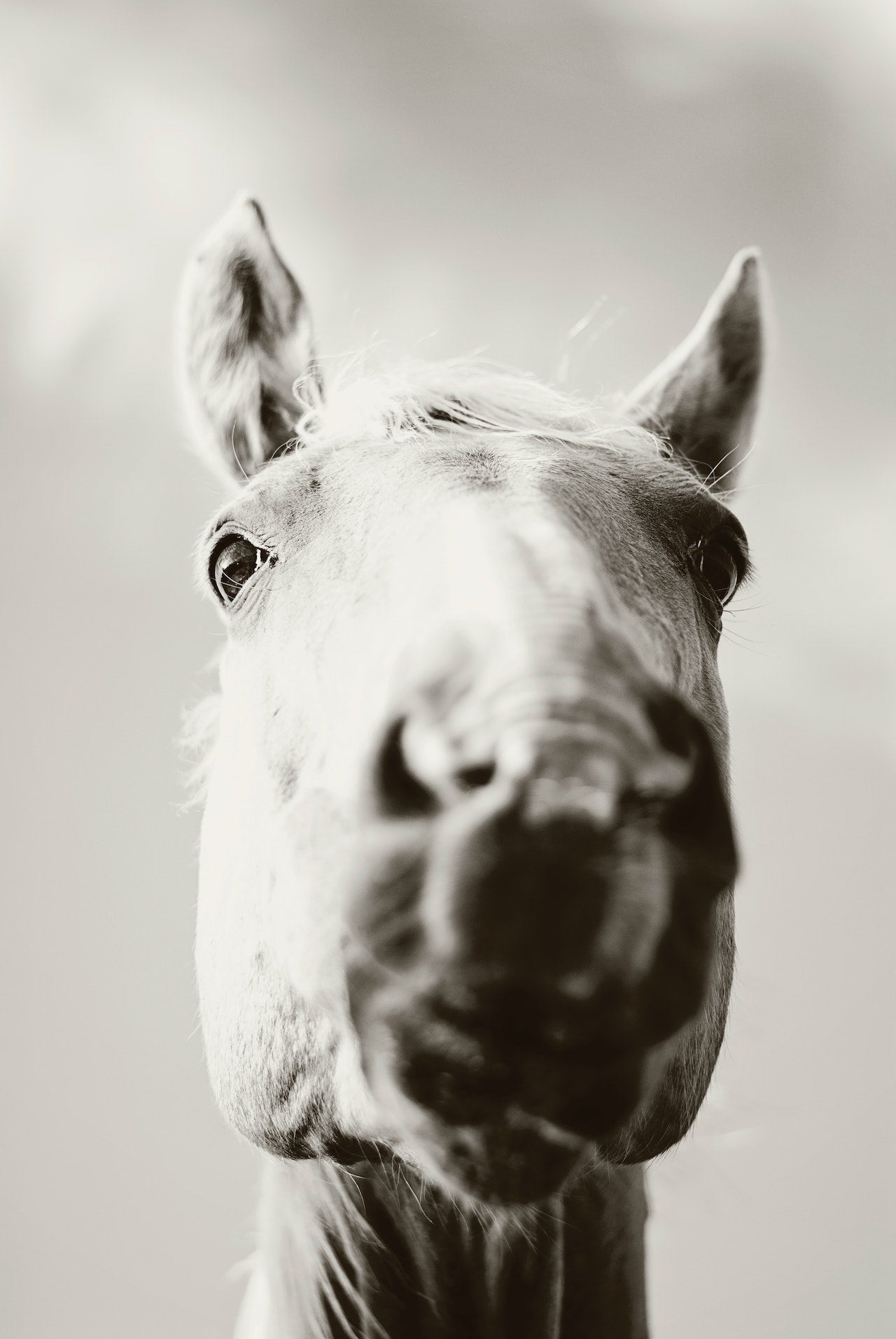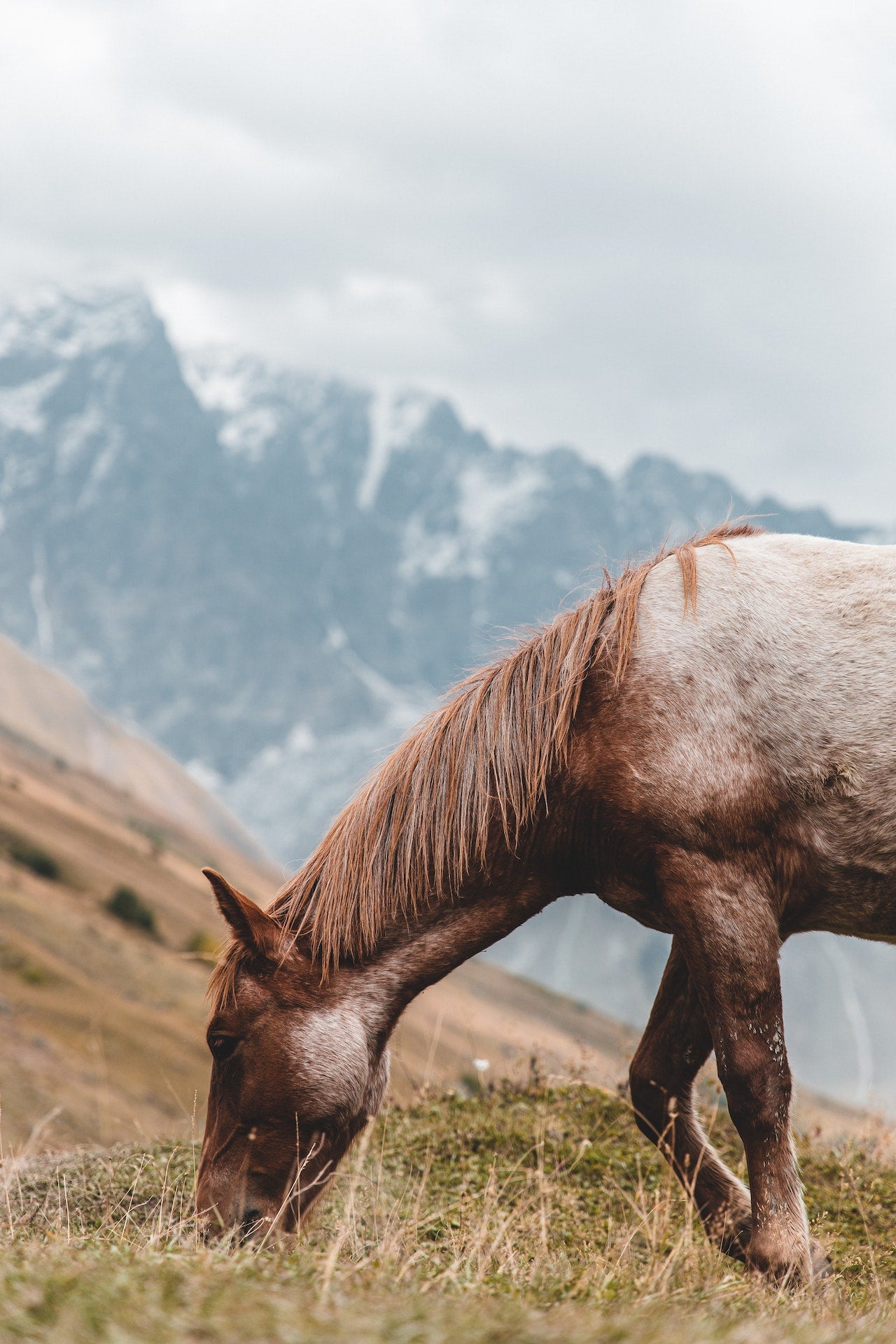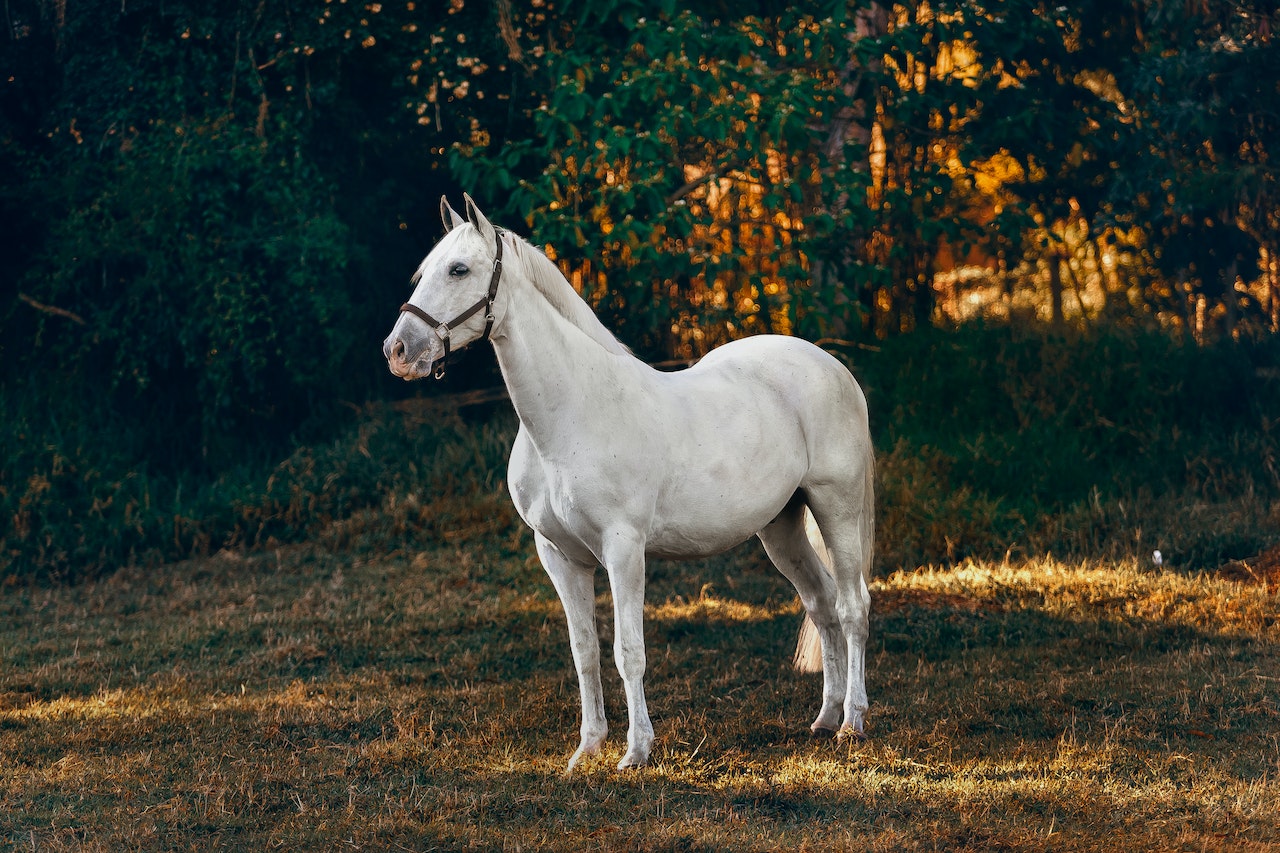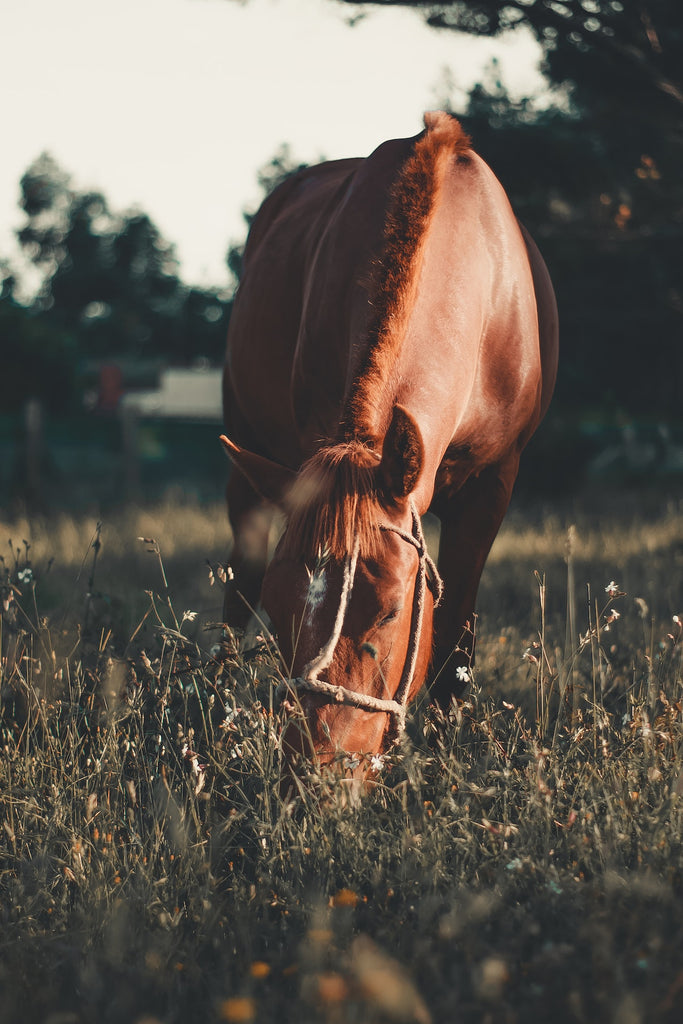
The Zucchini Secrete: A Hidden Super-food for a Healthy Horse
The nutritional profile of zucchini, well-known for its delicate flavour and many culinary applications in human cuisine, is compatible with the dietary requirements of horses. Zucchini is a great vegetable to include on the menu for horses because of its low sugar and calorie content. This unassuming vegetable's important vitamins and minerals will improve your horse's general health.
While grass or hay is the primary feed source for horses, adding tiny amounts of zucchini may provide a welcome change of pace and a wealth of nutritional benefits. However, it is essential to gently introduce zucchini into your diet, just like you would with any nutritional change.
To minimise possible hazards or imbalances, we'll discuss moderation’s value and specific dietary concerns in this article. Understanding the advantages and safe practices for introducing zucchini into your horse's diet can help you provide them with a varied diet that supports their general well-being. Join us as we reveal the untapped superfood and explore how courgette may transform your horse’s nutrition. Renew your effort
Can Horses Eat Zucchini?
Yes, horses can eat zucchini in moderation. Summer squashes like zucchini are okay for horses to eat. It is an appropriate supplement to a horse's diet because it contains less sugar and few calories. However, horses have certain nutritional needs, and their main diet should consist of fodder like grass or hay.
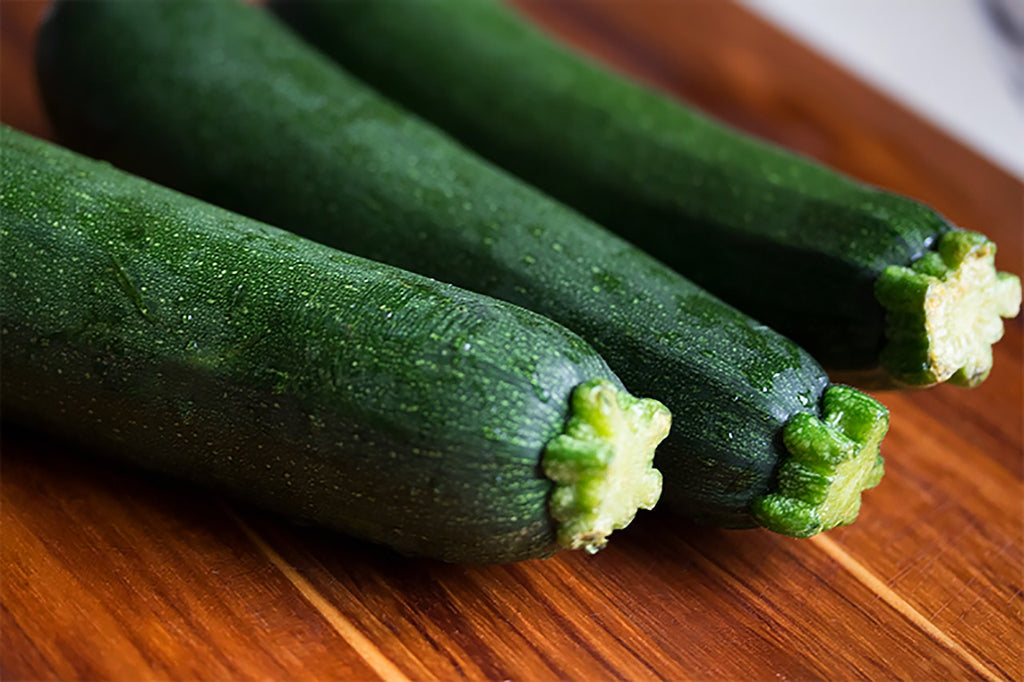
Zucchini
The Cucurbitaceae family includes summer squashes like zucchini, which is known scientifically as Cucurbita pepo. It is a well-liked vegetable that lends itself well to a variety of culinary uses because of its mild flavour, soft texture, and popularity. Though it is sometimes mistaken for a vegetable, zucchini is a fruit, particularly a berry.
Typically cylindrical in form, zucchini has smooth, dark green rind. There are variants with a rind that are lighter or yellowish, though. White or light green zucchini have a lot of tiny, edible seeds in their flesh. Zucchini's moderate and somewhat sweet flavour makes it suitable for a variety of cuisines.
Nutritional Composition of Zucchini
Vitamins
Vitamins C and A are abundant in zucchini, a wonderful source of these nutrients. Antioxidant vitamin C strengthens the immune system and encourages the formation of collagen. Skin, eyesight, and immune system health are all dependent on vitamin A.
Minerals
The vital minerals potassium, magnesium, and manganese are all present in zucchini. Potassium is essential for controlling blood pressure and preserving healthy cardiac function. While manganese helps with enzyme activity and antioxidant defence, magnesium aids in the health of bones and muscles.
Fibre
Dietary fibre, which supports regular bowel movements and assists with digestion, is abundant in zucchini. Additionally, fibre promotes satiety, controls blood sugar levels, and supports a healthy weight.
Water content
The high water content of zucchini contributes to its hydrating qualities. For general health and optimal physical processes, enough hydration is essential.
Antioxidants
Carotenoids, including beta-carotene, and lutein are only a couple of the antioxidants found in zucchini. These substances aid in the reduction of damaging free radicals, which can ward against chronic illnesses and enhance general health.
Health Benefits of Feeding Zucchini to Horses
Support for Hydration
Zucchini has a high water content, which may keep horses hydrated, particularly in hot weather or after strenuous exercise. Dehydration may cause several health problems, therefore it's important to be well-hydrated to preserve good health.
Low-Calorie Treat Alternative
Zucchini is a low-calorie vegetable that horses may enjoy as a tasty reward without dramatically increasing their caloric intake. This makes it a fantastic option for horses that need to control their weight or those on restricted diets.
Source of Vital Nutrients
Zucchini is a good source of potassium, manganese, vitamin A, vitamin C, and other vital nutrients. These nutrients are essential for sustaining the immune system, muscular health, bone density, and general vigour of the horse.
Digestive Health
Dietary fibre from zucchini can help horses keep a healthy digestive system. Fibre promotes digestive health, controls bowel motions, and lowers the likelihood of digestive problems like colic or constipation.
Immune Support
Zucchini has anti-oxidants including lutein and carotenoids that balance out damaging free radicals in the horse's body. These antioxidants support general health and could provide a defence against specific ailments.
Weight management
Horses that need to maintain a healthy weight or are participating in a weight loss programme may benefit from zucchini's low-calorie and high-fibre content. They can indulge in a treat without having to drastically increase their daily calorie intake.
Support for Recovery
The minerals and vitamins found in zucchini can be helpful for horses while they rehabilitate from an illness or accident by giving them the vital nutrition they need.
How to Prepare and Feed Zucchini to Horses
Choose Fresh ones
Pick firm zucchini that is devoid of any obvious injury or rot when choosing fresh zucchini. For your horse, the highest flavour and quality come from fresh zucchini.
Wash thoroughly
To eliminate any dirt or pollutants before cooking zucchini, wash it thoroughly under running water. This step is crucial to ensuring that the zucchini is clean and suitable for consumption by your horse.
Cut into Smaller Pieces
After the zucchini has been washed, chop it into manageable pieces. To make the zucchini simpler for your horse to eat and digest, slice it into rounds or cubes.
Serve Fresh or Cooked
Serve zucchini fresh or cooked, horses may eat it either way. Feeding raw zucchini to horses is thought to be secure and wholesome. However, cooking can alter the nutritional content of zucchini and may reduce the horse's desire to consume it.
Considerations for Feeding Zucchini to Horses
Moderation
As with any new food, gradually and in modest doses introduce zucchini to your horse's diet. A horse's digestive tract can get disrupted by abrupt nutritional changes, which can result in gastrointestinal problems including colic or diarrhoea. Before increasing the dosage, start with a little amount and watch how your horse responds.
Individual Sensitivities
Despite being uncommon, some horses could be allergic or sensitive to specific meals, including zucchini. Keep a watchful eye out for any symptoms of an allergic response in your horse, such as hives, swelling, itching, or any changes in behaviour or digestion. Stop feeding zucchini if any unfavourable symptoms appear, and see a veterinarian.
Balanced diet
Keep in mind that zucchini shouldn't take the place of a horse's diet's mainstays, which are forage (such as hay or grass) and sometimes concentrate feeds. These offer crucial nutrients and satisfy the horse's nutritional needs. Treats and extra foods like zucchini should only be offered in moderation in addition to a diet that is well-balanced.
Risks of toxicity
Although feeding zucchini to horses is typically harmless, it's crucial to steer clear of the plant's toxic stems and mouldy zucchini. Be sure to just feed them the zucchini's edible components, such as the flesh and seeds.
Final Words
Feeding zucchini to your horse may be a joyful and advantageous experience with the appropriate method and careful attention to your horse's particular needs, offering a nutritious treat and adding diversity to your horse's meals. Without a doubt, your horse will enjoy this delectable green vegetable on occasion!

